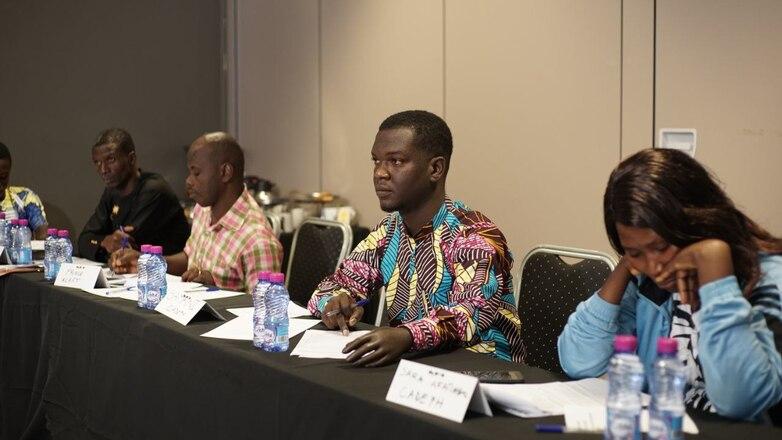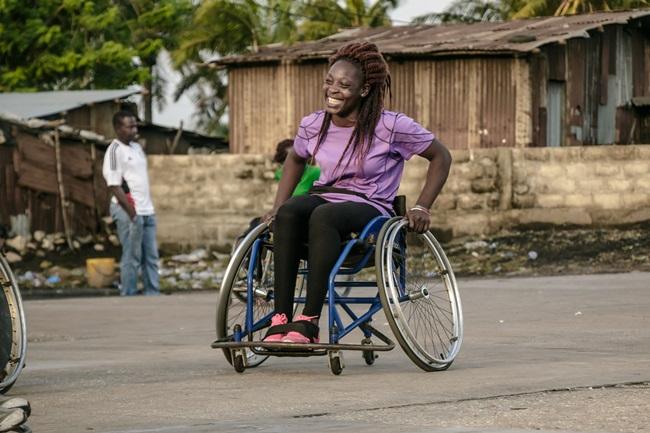Context
An estimated 16 per cent of the world’s population live with a disability. However, their interests receive little consideration.
The United Nations Convention on the Rights of Persons with Disabilities (CRPD) has therefore been regulating the international rights and participation of people with disabilities since 2008. The African Union (AU) Disability Protocol has in addition been in place on the African continent since 2024.
Countries are required to implement the laws by working together with governmental and non-governmental partners.
Objective
People with disabilities in Africa are participating in socio-economic, political and societal development. They have equal access to information, services, ressources and the build environment.



